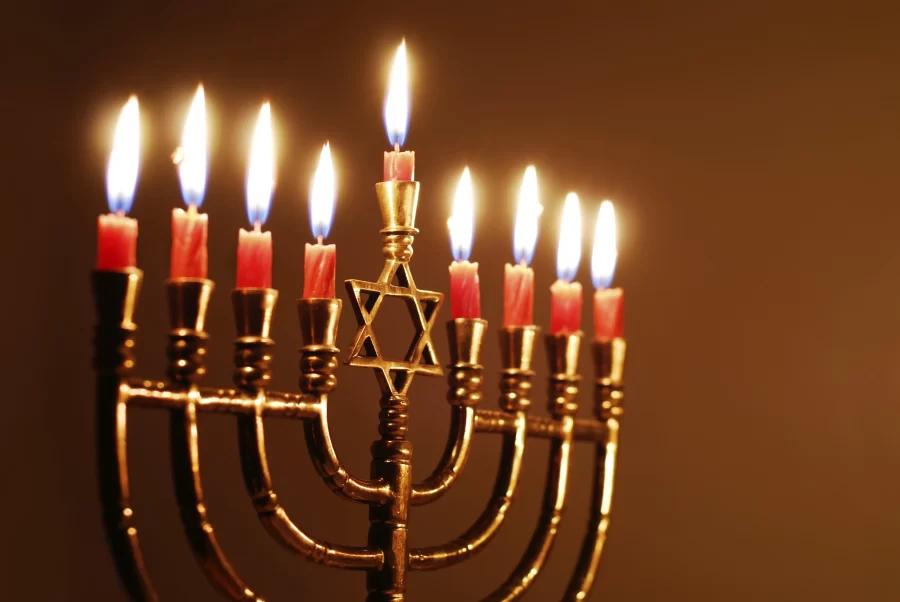The History of Chanukkah
December 18, 2022
Chanukkah (traditional spelling), also known as Hanukkah, is an eight-day celebration in Jewish faith that begins on the 25th of Kislev. Historically, this celebration commemorates the rededication of Jewish people in second-century BCE. This occurred when the Jews stood up to their Greek oppressors, who were trying to convert them, during the Maccabean Revolt. Chanukkah is a celebration of Jewish valor and resistance under oppressive forces.
The story of oil lasting eight days first came about hundreds of years after the revolt. The story of the oil and emergence of the eight day menorah tradition begins as Maccabees begins his display of faith by re-lighting the ner tamid (eternal light in synagogues) in the temple, which the Greeks had taken over. Maccabees lit the ner tamid with the only jar of oil available, sending someone to retrieve more. The ner tamid sustained itself with this singular jar for eight days before they came back. This has become a clear example of Jewish perseverance, and makes Chanukkah an opportunity for celebration.
Additionally sources for information on Chanukkah’s History:


